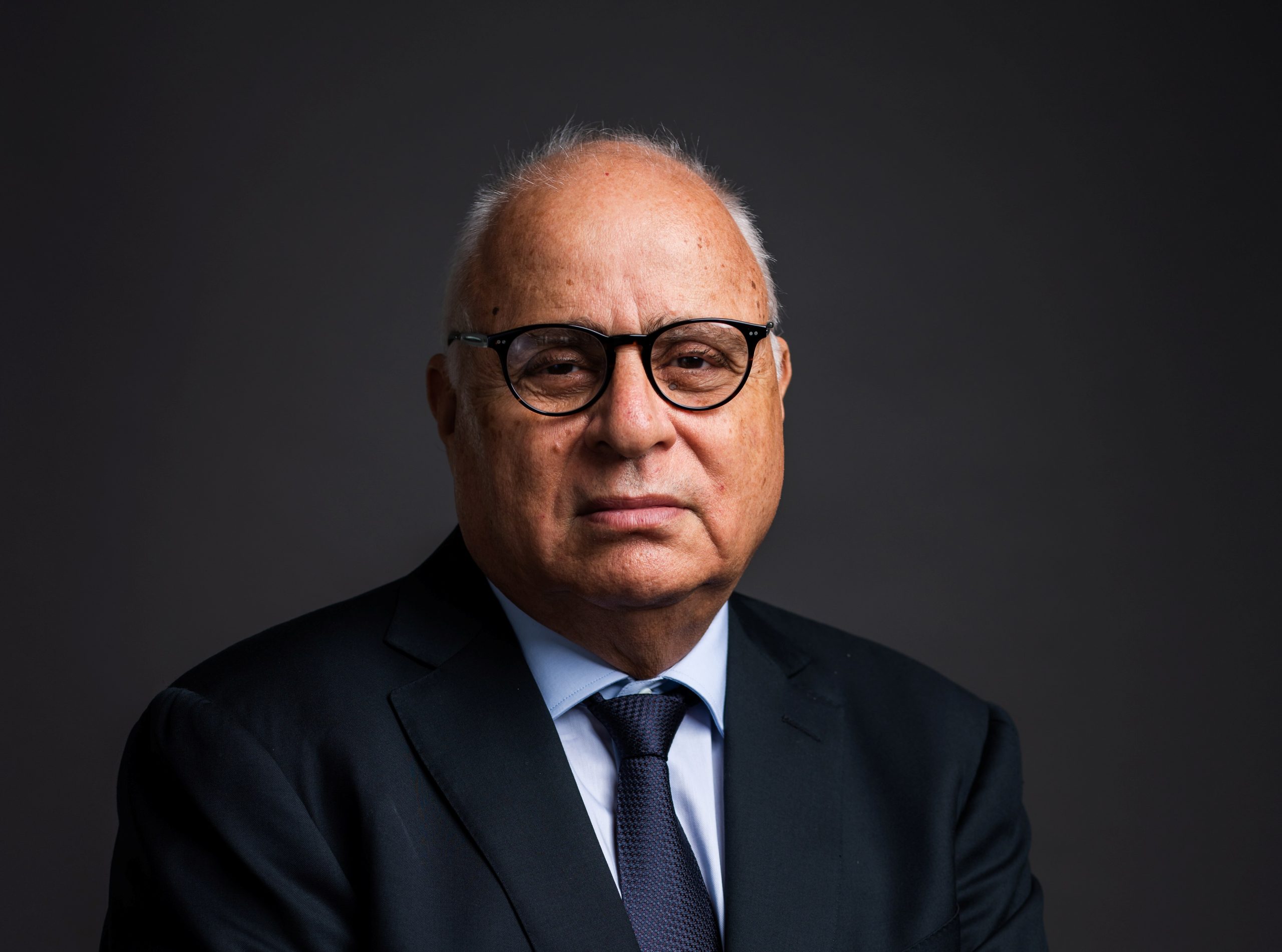Meet Emmanuel Taye Mary, a respected figure whose career is a testament to the power of commitment and continuous learning within Nigeria’s financial landscape. Beginning her journey in 2002 as a Clerk at the Office of the Accountant General of the Federation, Emmanuel was quickly inspired by the professionalism around her, propelling her to pursue formal studies and rise steadily through the ranks.
Now serving as an Assistant Chief Accountant, Emmanuel is at the forefront of financial integrity, overseeing critical functions like expenditure reporting, budget preparation, and payment processing.
In this interview, Emmanuel shares the lessons learned from her foundational work in the Consolidated Accounts Department, offers her expert perspective on how Fintech, AI, and digital banking are rapidly redefining the sector, and discusses the essential reforms needed to ensure Nigeria’s financial future is characterised by growth, stability, and digital inclusion. She shares her core advice for young professionals: that adaptability and integrity are the strongest assets in a competitive, evolving industry.
Can you tell us a bit about your background and how your journey into the finance sector began?
I am Taye Emmanuel from Otuo in Owan East Local Government Area of Edo State. My career in finance started in 2002 as a clerk at the Office of the Accountant General of the Federation. That role exposed me to the world of accounting and inspired me to further my studies at the Federal Polytechnic, Nassarawa. Afterwards, I was promoted to Assistant Executive Officer in Accounts, which marked the start of my professional journey.
What inspired you to pursue a career in finance, and what early challenges did you face?
My inspiration came from observing the dedication of my colleagues and superiors at the Accountant General’s office. I was motivated by their professionalism and ambition. Although the early stages were challenging—especially adapting to the complexity of public sector accounting—I embraced continuous learning, which helped me grow.
Looking back, what would you say were the defining moments that shaped your career trajectory?
Staying committed to professional growth and continuous learning. The finance industry changes fast, and I’ve learnt that growth requires constant skill development.
You currently serve as an Assistant Chief Accountant. Could you walk us through what this position entails and what excites you most about it?
As an Assistant Chief Accountant, my role encompasses a broad range of responsibilities that are crucial to the financial integrity of our organisation. I oversee expenditure reports, budgets, and payment processing while ensuring compliance and transparency. What excites me most is the trust and responsibility the role carries.
Over the years, how have you grown into this role, and what skills or experiences proved most valuable in that transition?
Starting in the Consolidated Accounts Department taught me the fundamentals of national financial reporting and sharpened my eye for accuracy, teamwork, and strategic thinking.
From your perspective, how has the finance sector in Nigeria (or globally) evolved in recent years?
Fintech, AI, and digital banking have redefined global and Nigerian finance. Mobile banking, data analytics, and regulatory innovation are promoting inclusion and driving efficiency.
What do you see as the biggest opportunities and challenges for the sector today?
Opportunities lie in digital transformation, inclusion, and sustainable finance. The main challenges are cybersecurity risks, regulatory changes, and managing consumer expectations.
Technology is rapidly changing the financial landscape. How do you see innovations like fintech, AI, or blockchain reshaping the future of finance?
Technology is transforming finance through fintech, AI, and blockchain, changing how services are delivered and accessed.
Fintech makes banking faster and more inclusive through mobile apps, digital wallets, and online lending. It lowers costs, improves convenience, and forces traditional banks to innovate.
AI enhances decision-making, detects fraud, and powers chatbots for 24/7 support. It also helps institutions use data to predict trends and create tailored services.
Blockchain adds trust and transparency with secure, tamper-proof records. It speeds up cross-border payments, reduces costs, and enables smart contracts that automate transactions.
Together, these technologies mark a new era in finance—faster, safer, and more customer-focused. Institutions that embrace innovation while maintaining trust and security will shape the future of financial services.
In your view, what policy changes or reforms are necessary to strengthen growth and stability in the sector?
To ensure long-term growth and resilience in the financial system, targeted policy reforms and investments are essential.
- Promote Financial Inclusion
Financial institutions should be incentivised to reach underserved populations through tax reliefs and grants. Expanding digital and mobile banking will also enhance access, particularly in rural and low-income areas. - Invest in Technology and Infrastructure
Governments must strengthen digital infrastructure and cybersecurity to support innovation in banking and payments. Collaboration with the private sector can drive efficient, tech-enabled solutions for a more secure and connected financial ecosystem. - Protect Consumers
Transparency in fees, terms, and services is crucial to build trust and prevent exploitation. Additionally, nationwide financial literacy programmes can help individuals make smarter financial decisions and reduce default risks. - Improve Crisis Preparedness
Regular stress tests should be mandatory to evaluate banks’ capacity to withstand economic shocks. Coordinated crisis-response mechanisms between regulators and financial institutions will help maintain market stability during downturns. - Advance Sustainable Finance
Embedding Environmental, Social, and Governance (ESG) standards into financial practices promotes responsible investing. Supporting green bonds and sustainability-linked products can also align financial growth with global climate and social goals.
Beyond your professional achievements, what has been the most important lesson you’ve learnt throughout your career?
Adaptability and continuous learning. Staying relevant requires emotional intelligence, ethics, and resilience in navigating change.
Many young professionals aspire to succeed in finance. What advice would you give to those starting out today?
Young professionals embarking on a career in finance have the potential to shape their futures significantly and contribute to the industry. To help them navigate this journey, here are several pieces of advice: keep learning, seek mentors, gain practical experience, understand regulations, and uphold integrity. Ethics and adaptability are your strongest assets.
In a competitive and evolving industry, how do you personally stay relevant and ensure you maintain integrity?
Through lifelong learning, networking, and adherence to ethical standards. I continuously engage with new technologies and feedback to grow professionally.
Looking ahead, what are your long-term goals, both within your current role and in contributing to the growth of the finance sector?
I aim to promote financial literacy, drive innovation, and mentor young professionals. In the next decade, finance will be shaped by AI, sustainability, and digital inclusion.






